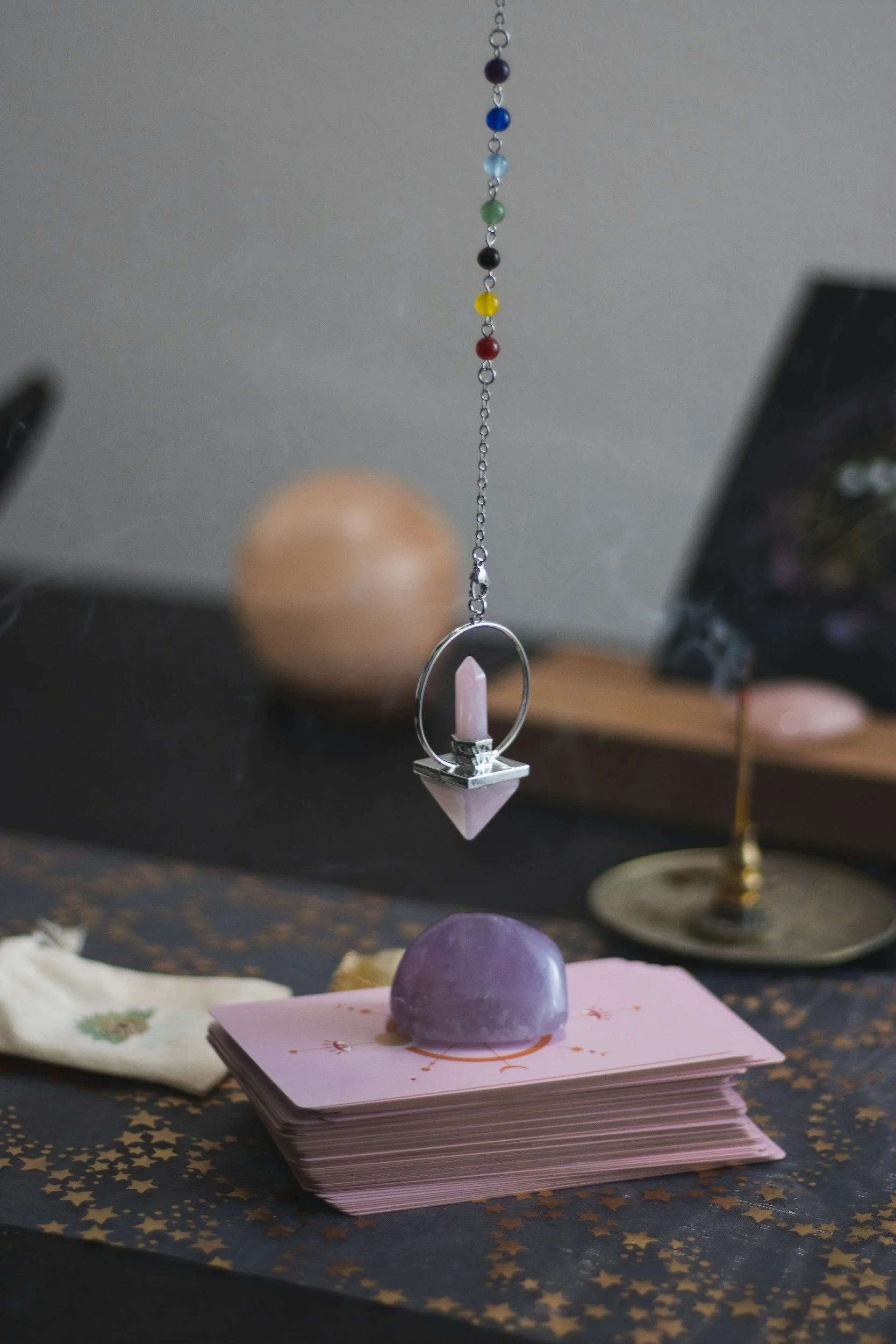Modern Applications of Divination in Daily Life (Contextual Insights from Odinani)
Divination has been an integral part of various cultures around the world, serving as a means to gain insight, guidance, and understanding of the unseen. In Igbo spirituality, divination holds a significant place, as it connects practitioners with their ancestors, spirit guides and deities. In modern times, the principles and practices of divination have found new applications in daily life, providing valuable tools for personal growth and decision-making. In this blog post, we will explore how the ancient practice of divination in Odinani can be applied in contemporary contexts.
Understanding Divination in Odinani
Odinani, the traditional religious beliefs and practices of Igbo people, includes a rich tradition of rituals and divinatory practices. These practices are usually conducted by a Dibia (diviner or healer) who acts as an intermediary between the physical and spiritual realms. The Dibia uses various tools and methods to interpret messages from the ancestors, spirit guides and deities, they offer all sort of guidance on matters ranging from health and relationships to business and community affairs.
Modern Applications of Divination
1. Personal Decision-Making:
Daily Guidance: Just as the Dibia seeks guidance from the spiritual realm for important decisions, practitioners can also use divination tools like kola nut, tarot cards, or pendulums to gain clarity on everyday choices. This can range from career decisions to personal relationships, to navigate life's uncertainties with greater confidence.
Setting Intentions: Divination can be used to set daily intentions, aligning one’s actions with their spiritual goals. This practice encourages a sense of purpose and direction, making daily activities more meaningful.
2. Mental Health and Well-Being:
Self-Reflection: Divination encourages introspection and self-reflection, which are important for mental health. Practices like journaling after a divination session can help practitioners process their thoughts and emotions, leading to greater self-awareness and emotional balance.
Stress Reduction: Engaging in divinatory practices can provide a sense of calm and reassurance. The ritualistic nature of divination can create a meditative state, reducing stress and promoting relaxation.
3. Spiritual Growth:
Connecting with Ancestors: In Odinani, divination serves as a means to communicate with ancestors. Modern practitioners can use divination to honor their heritage and maintain a spiritual connection with their lineage, fostering a deeper understanding of their identity and purpose.
Learning and Development: Regular divination practice can enhance spiritual knowledge and growth. By interpreting messages from the spiritual realm, anyone can gain insights into their life path and spiritual lessons, promoting continuous personal development.
4. Community and Relationships:
Conflict Resolution: Divination can be used to address conflicts within families or communities. By seeking spiritual guidance, people can gain perspectives that allow understanding and resolution, promoting harmony and unity.
Strengthening Bonds: Sharing divination practices with loved ones can strengthen relationships. Group divination sessions can foster a sense of collective support and understanding, making interpersonal connections stronger.
5. Business and Career:
Strategic Planning: Divination can offer insights into business decisions and career paths. By seeking spiritual guidance, practitioners can identify opportunities and potential challenges, enabling them to make informed strategic choices.
Innovation and Creativity: Engaging with divination can stimulate creativity and innovative thinking. The symbolic and intuitive nature of divinatory practices can inspire new ideas and approaches in professional endeavors.
Basic Tools and Techniques
Kola Nuts: Traditional to Odinani, kola nut divination involves interpreting the patterns formed when the split lobes are cast. Each position and orientation holds specific meanings, providing detailed insights into various aspects of life. The number of pieces the kolanut breaks into can also provide valuable insight for divination.
Tarot Cards: While not originally part of Odinani, tarot cards have been adopted by many modern practitioners for their rich symbolism and intuitive appeal. Each card carries unique meanings that can be interpreted to provide guidance and foresight.
Pendulums: Pendulums are simple yet powerful tools for divination. By asking yes/no questions and observing the pendulum’s movements, practitioners can receive clear answers from their Ikpa Chi—subconscious mind or spiritual guides.
Integrating Divination into Daily Life
Consistency: Regular practice is key to integrating divination into daily life. Establishing a routine, like a morning divination session during or after Igo Mmuo or Igo Ofo Ututu, can make the practice a natural part of daily activities.
Mindfulness: Approach divination with mindfulness and respect. Setting a calm and focused intention before each session can enhance the clarity and accuracy of the insights received.
Community Engagement: Share your experiences with a community of like-minded people. Engaging in discussions and group practices can enrich your understanding and application of divination.
To Sum It Up
Divination, a timeless practice rooted in Odinani, continues to offer benefits in modern daily life. By incorporating divinatory tools and techniques, practitioners can gain valuable insights, enhance their well-being, and connect more deeply with their spiritual forces. Whether for personal growth, mental health, or practical decision-making, the modern applications of divination are diverse and impactful, bridging the wisdom of the past with the needs of the present.
If you have any comments or questions on this topic, feel free to leave a comment below. Yagazie!










